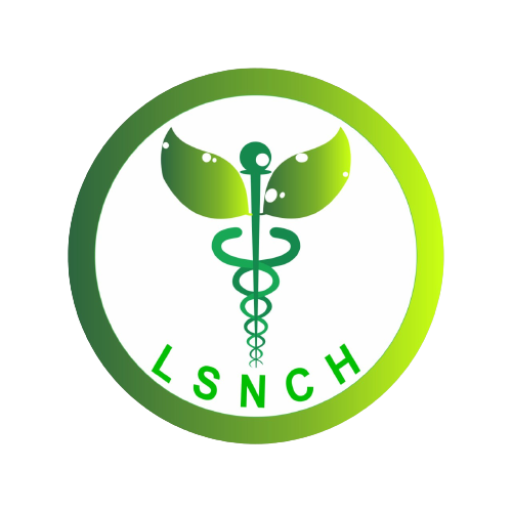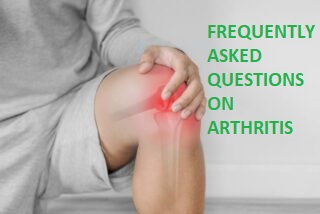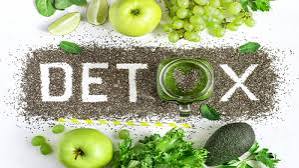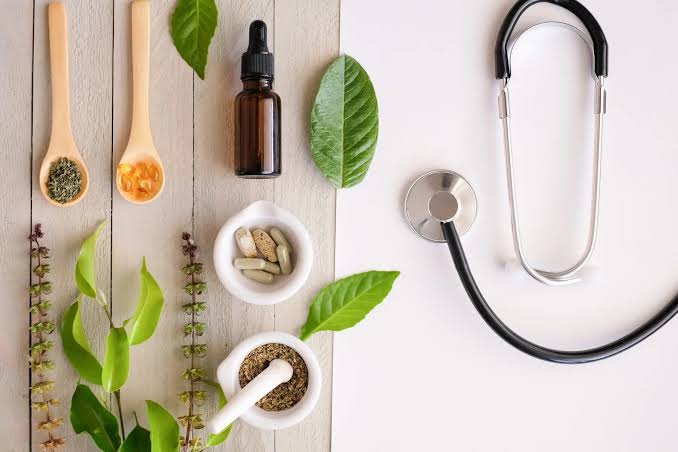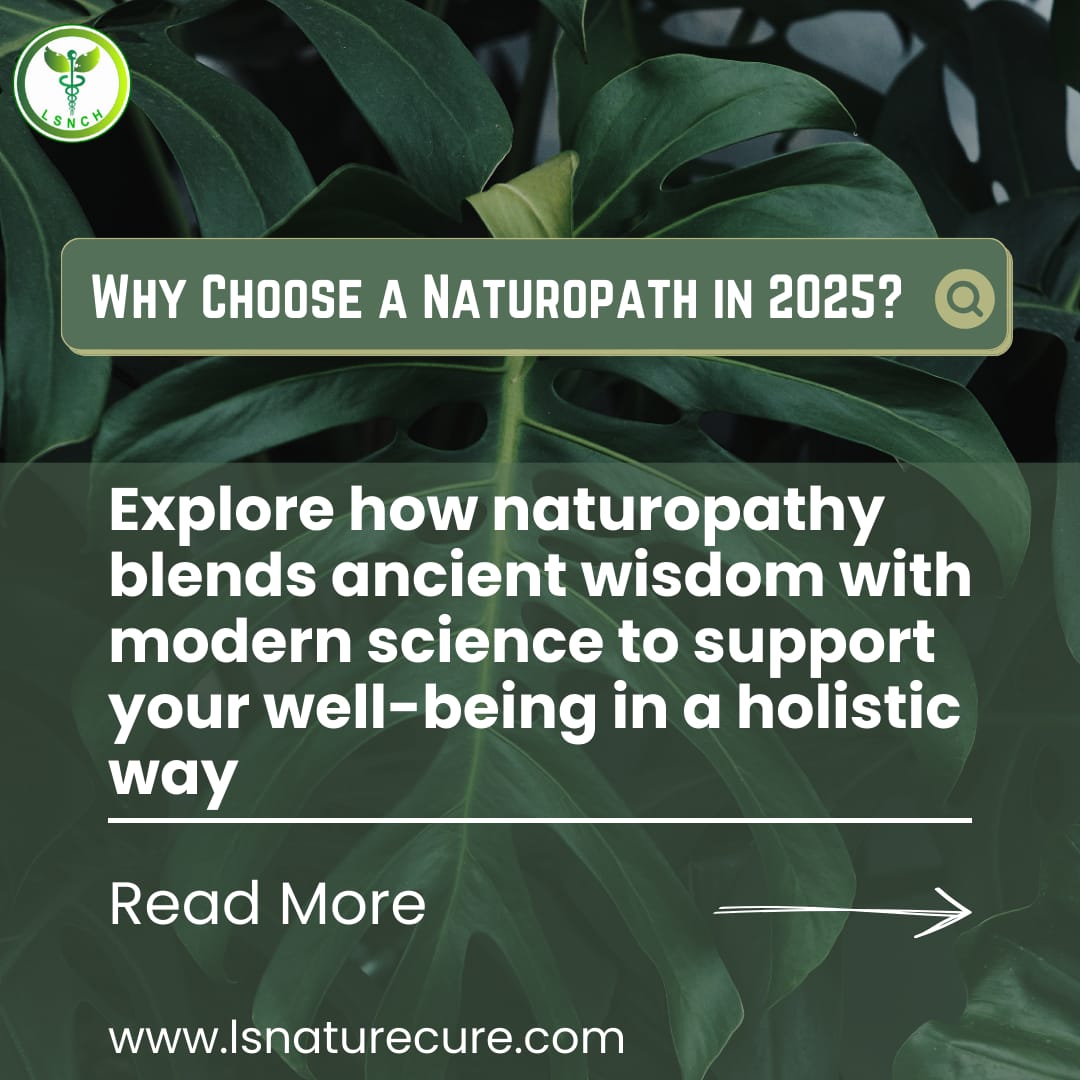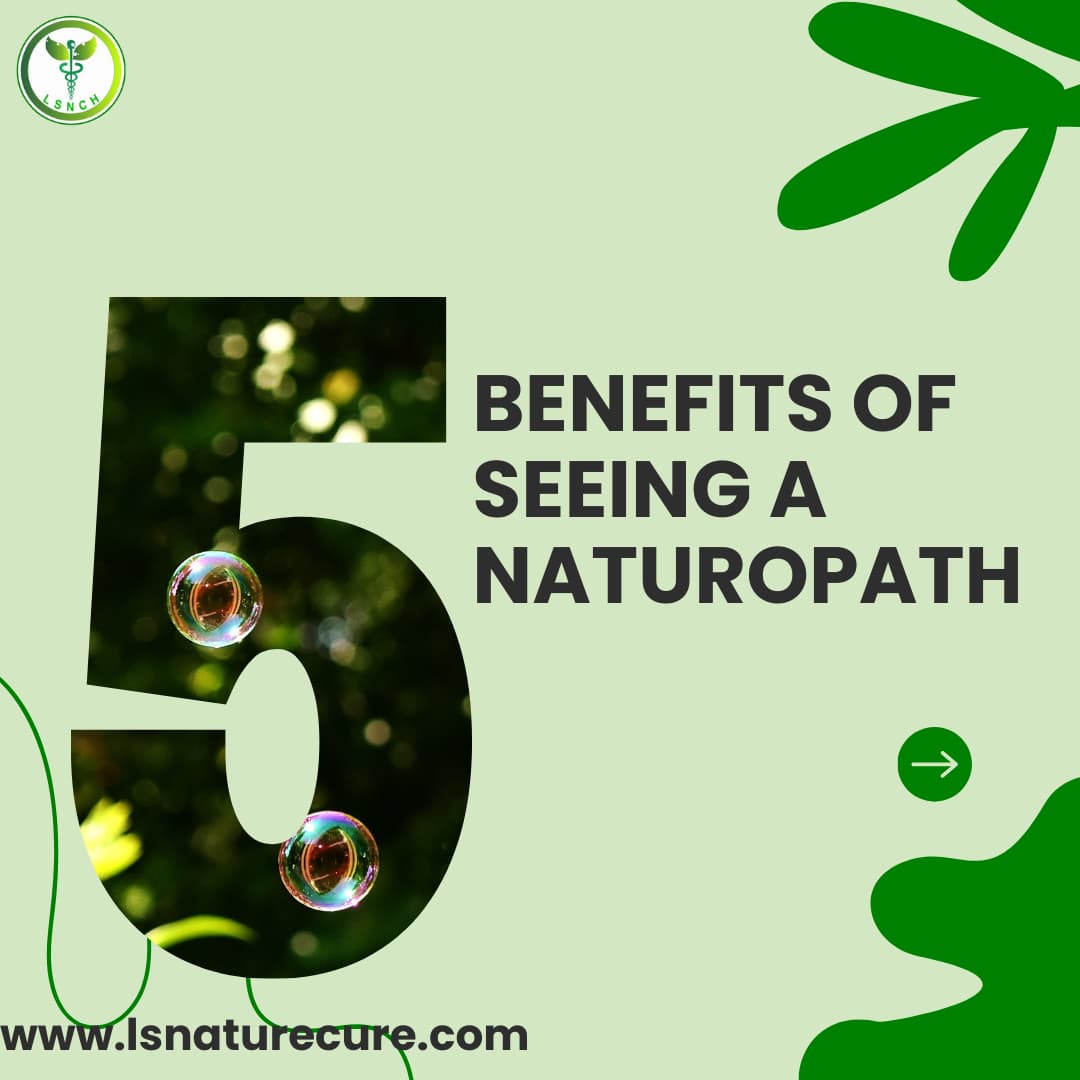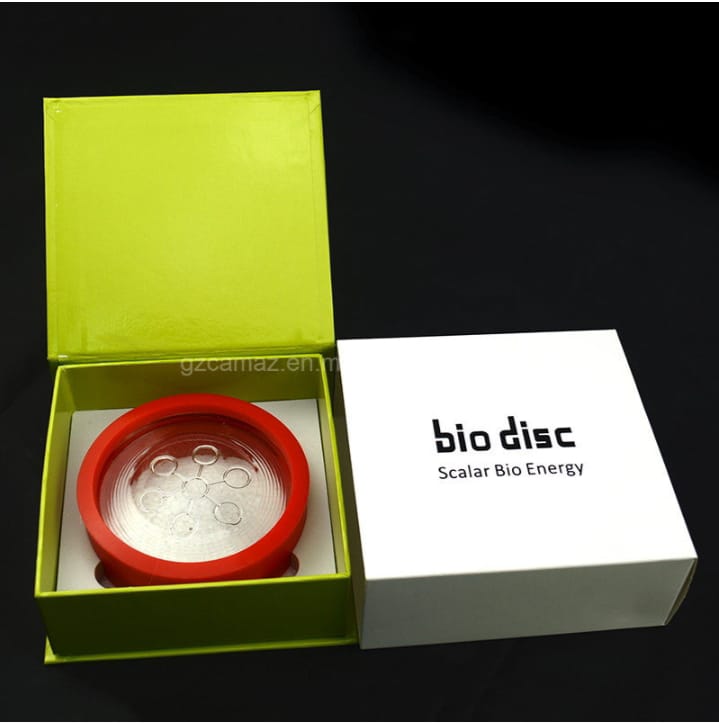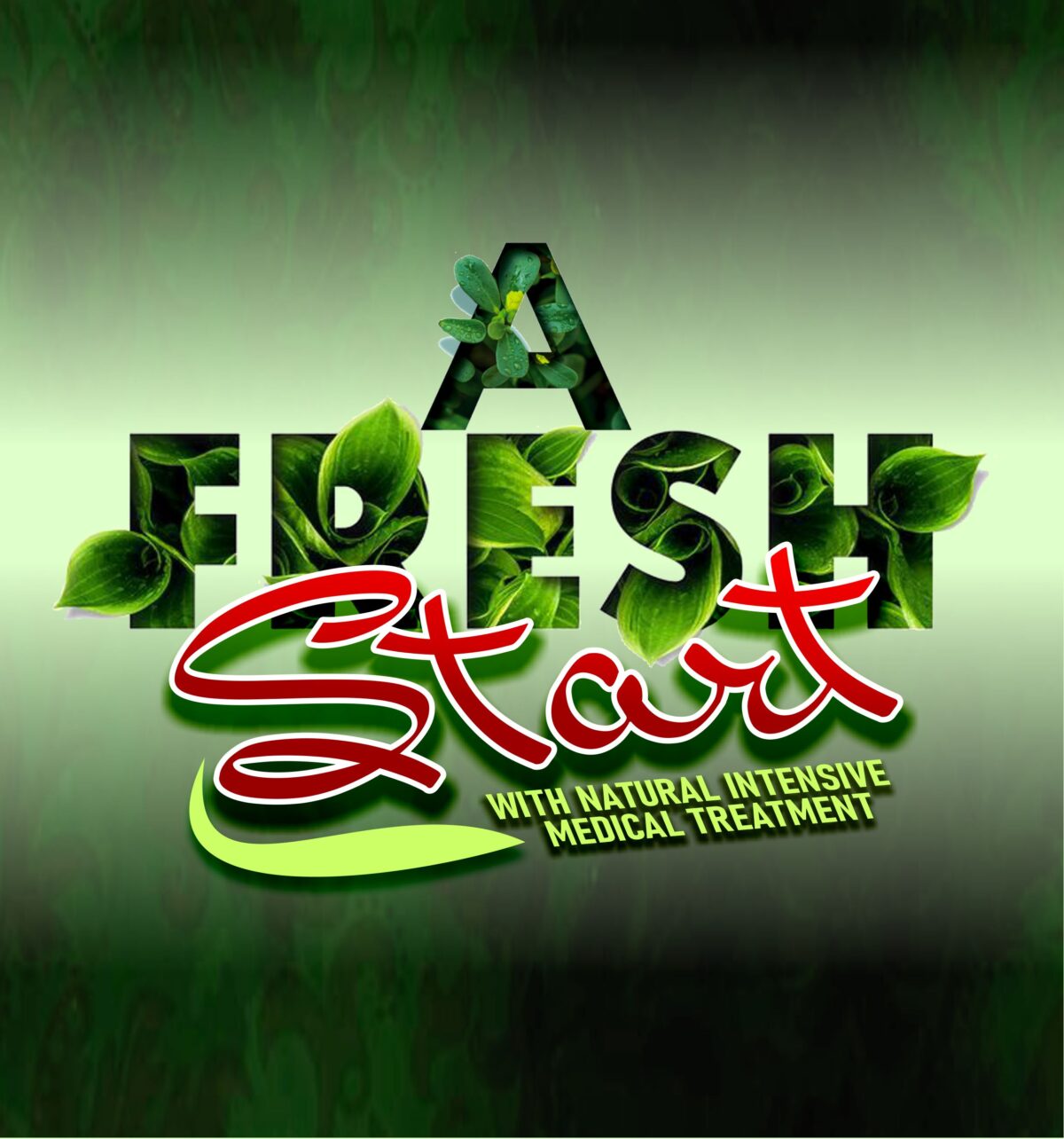In this GenZ age, our bodies are bombarded with toxins on a daily basis. From the food we eat to the air we breathe, these dangerous substances can accumulate over time and impact our health negatively in a way we may not notice immediately.
Detoxification, which is our body’s natural process of eliminating toxins, is more crucial than ever. As a naturopathic physician and wellness researcher, I’ve spent years studying the importance of detoxification in the human body, and I’m set to share why I think detoxification should matter to you.
⚪ What Is Detoxification?
Fundamentally, detoxification is an innate biological process where the body neutralizes and removes harmful toxins. The sources of these toxins can be from outside the body, such as pollution, pesticides, processed foods, and chemicals in household products. They can also be from inside the body, such as metabolic waste produced naturally by the body.
The liver, kidneys, lungs, skin, and lymphatic system work together to handle this complex task of detoxification. However, when these systems are overwhelmed by excess toxins, the body finds it difficult to be in good health.
⚪ Energy and Vitality
Do you ever feel sluggish, even after a prolonged night’s sleep? Toxins may be the culprit here. When your detox systems are overloaded, your body spends more energy combating these harmful substances, leaving you drained. Effective detoxification helps your body restore its natural energy balance, giving you the vitality to power through your day.
⚪ Digestive Health
Such conditions as bloating, indigestion, and irregular bowel movements may not be unconnected to the accumulation of toxins. Detoxification helps cleanse your digestive system, promoting a healthy digestive tract, thus promoting proper nutrient absorption. A healthy gut is foundational to overall wellness.
⚪ Clear Skin, Clear Mind
Our skin is a reflection of our internal health. Such disorders as acne, dullness, and inflammation can be signs that your body is struggling to detoxify. By carrying out proper detoxification, you can achieve clearer, more radiant skin. Similarly, detoxification supports mental clarity, reducing brain fog and enhancing focus, memory, and overall mental well-being.
⚪ The Immune System
A toxin-loaded body is more susceptible to illnesses because the immune system is constantly under stress. Detoxification lightens the load, giving your immune defenses a much-needed boost. A clean system is better equipped to ward off infections and chronic diseases.
⚪ Prevention of Chronic Illness
Chronic conditions like hormonal imbalances, obesity, and cardiovascular diseases may be due to exposure to toxins for a long period of time. Supporting your body’s natural detoxification can reduce the risk of these conditions, promoting long-term health and wellness.
How to Support Your Body’s Detoxification
Achieving effective detoxification is not difficult. Here are simple, sustainable ways to help your body detoxify effectively:
🎯 Drink water adequately: Water helps flush out toxins through urine and sweat.
🎯 Avoid artificial foods: To achieve effective detoxification, it’s imperative to avoid indiscriminate consumption of junk foods. Focus on fruits, vegetables, and foods rich in fiber and antioxidants.
🎯 Regular exercise: During exercises, the sweat glands are very active. Sweat out toxins while boosting circulation and metabolism.
🎯 Good Sleep: Sleep is crucial for cellular repair and toxin elimination. Most major organ repair happens during sleep.
🎯 Reduce Exposure: Reduce undue exposure to electromagnetic radiations.
🎯 Detox teas: Take herbal teas specially formulated for detox purposes. Herbs are natural medicine for cleansing accumulated toxins and not chemical drugs.
Conclusion
Always bear in mind that one major danger of toxin accumulation in the body is that it lowers the natural biofrequency of the organs, which is the main underlying cause of illness.
The importance of proper detoxification cannot be overemphasized. The more you detoxify your system, the more radiant your health would be. Act now, do not delay till the morrow.
©️ Dr. Shaye Onipinsaiye Davies

